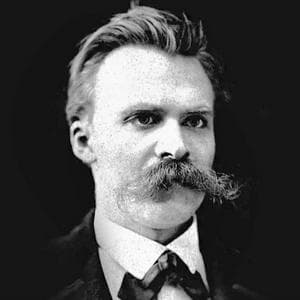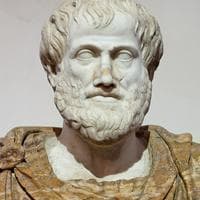A. J. Ayer typ osobowości MBTI
Osobowość
"Jaki typ osobowości jest {profilename}? {profilename} jest typem osobowości {mbti} w mbti, {enneagram} - {iv} - {tritype} w enneagram, {big5} w Big 5, {sociionics} in Socionics."
Some quick thoughts: favorite philosopher was David Hume (ENTP, imo), and it shows in his work. He is a logical positivist in a very Humean, that is to say, a very NeTi way: he is a positivist not because it will bolster his belief in certain things, but precisely because it lets him doubt a ton of things the common person takes for granted but which do not meet his strict verification criteria. It is a tool of his skepticism, and is treated, ironically, in a highly abstract manner. Perhaps more importantly, he insistently denies Fi: "[If I] say, 'Stealing money is wrong,' I produce a sentence that has no factual meaning--that is, expresses no proposition that can be either true or false...I am merely expressing certain moral sentiments." The key word being "merely". This is something I associate more with ENTPs. Also, the account of his near-death experience is very interesting. His official account: http://www.philosopher.eu/others-writings/a-j-ayer-what-i-saw-when-i-was-dead/ His doctor's account: https://variousenthusiasms.wordpress.com/2009/04/28/did-atheist-philosopher-see-god-when-he-died-by-william-cash/ The alleged quote of Ayer, from the second article, sounds very NTP to me: "I saw a Divine Being. I’m afraid I’m going to have to revise all my various books and opinions."
Biografia
Sir Alfred Jules "Freddie" Aye (usually cited as A. J. Ayer), was an English philosopher known for his promotion of logical positivism, particularly in his books Language, Truth, and Logic (1936) and The Problem of Knowledge (1956).
Osobowość correlate

Friedrich Nietzsche

Socrates

Arthur Schopenhauer

Karl Marx

Albert Camus

Immanuel Kant

Niccolò Machiavelli

Aristotle







